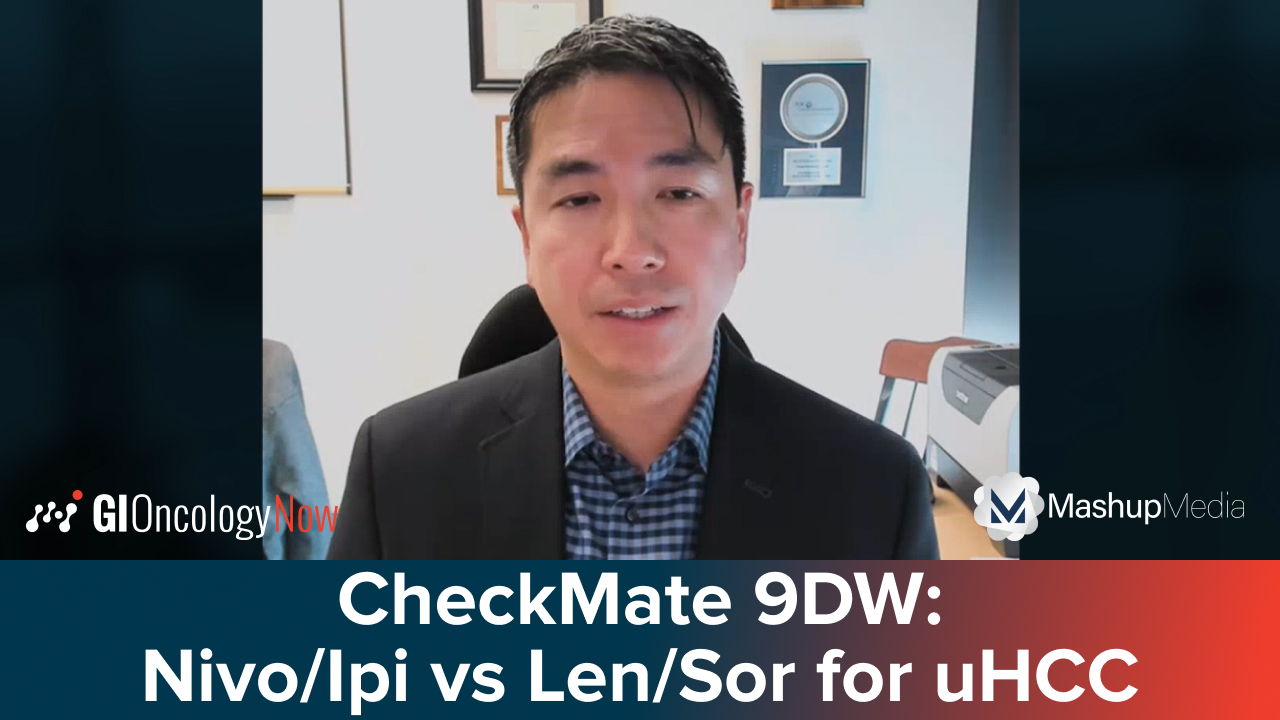
The U.S. Food and Drug Administration approved cabozantinib for patients with hepatocellular carcinoma (HCC) who have previously received sorafenib.
The decision was based on results from the randomized, double-blind, placebo-controlled, phase III, pivotal CELESTIAL trial that was designed to enroll 760 patients with advanced HCC who received prior sorafenib and may have received up to two prior systemic therapies for HCC and had adequate liver function. Patients were enrolled from more than 100 sites in 19 countries and were randomized 2:1 to receive cabozantinib 60 mg once daily or placebo.
@FDA Approves #Cabozantinib for Advanced #HCC https://t.co/sppByfB2BB via @onclive #liver #cancer #clinicaltrials
— Arturo LoAIza-Bonilla, MD MSEd (@DrBonillaOnc) January 14, 2019
Cabozantinib was associated with a statistically significant and clinically meaningful improvement in overall survival (OS) compared with placebo: Median OS was 10.2 months with cabozantinib versus 8.0 months with placebo (hazard ratio [HR] = 0.76; 95% CI, 0.63-0.92; P=0.0049), representing a 24% reduction in the risk for death. Cabozntinib also more than doubled the median progression-free survival (5.2 months vs 1.9 months; HR=0.44; 95% CI, 0.36-0.52; P<0.0001). No patients achieved a complete response. Partial responses occurred in 4% of the cabozantinib cohort and 0.4% of the placebo group (P=0.0086). More patients achieved partial or stable disease with cabozantinib than placebo (64% vs 33%).
FDA Approves Cabozantinib for Advanced Renal Cell Carcinoma https://t.co/GMK05GozWm
— Amer. Urol. Assn. (@AmerUrological) April 26, 2016
The most common grade 3/4 adverse events (AEs) in the cabozantinib group and placebo groups were palmar-plantar erythrodysesthesia (17% vs 0%, respectively), hypertension (16% vs 2%), increased aspartate aminotransferase (12% vs 7%), fatigue (10% vs 4%), and diarrhea (10% vs 2%).
In the cabozantinib group, 16% of patients discontinued treatment due to treatment-related AEs compared with 3% of patients in the placebo group.
Cabozantinib was previously approved to treat medullary thyroid cancer and advanced renal cell carcinoma. Cabozantinib is an oral inhibitor of multiple receptor tyrosine kinases, including RET, MET, and VEGF2.
Lung cancer deaths for women are projected to increase worldwide.
NYU researchers use Google AI to determine lung cancer type.
Source: BusinessWire







 © 2025 Mashup Media, LLC, a Formedics Property. All Rights Reserved.
© 2025 Mashup Media, LLC, a Formedics Property. All Rights Reserved.